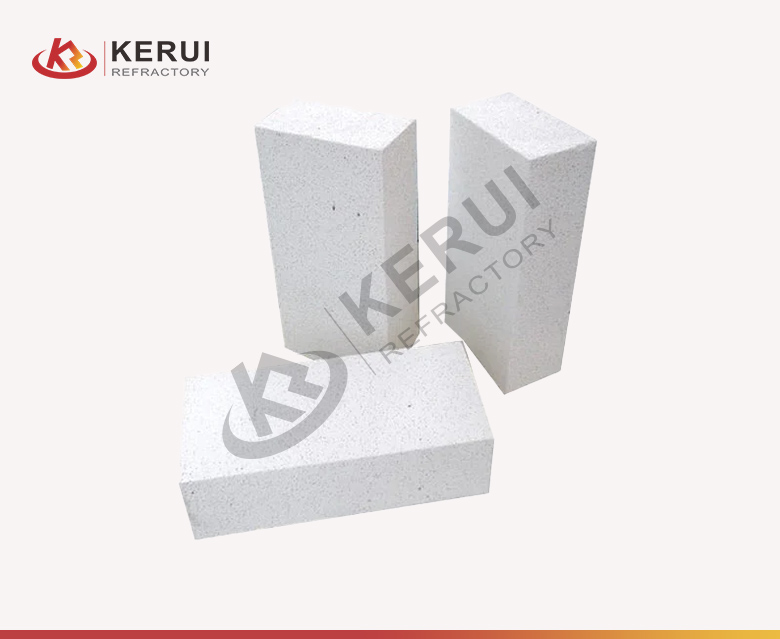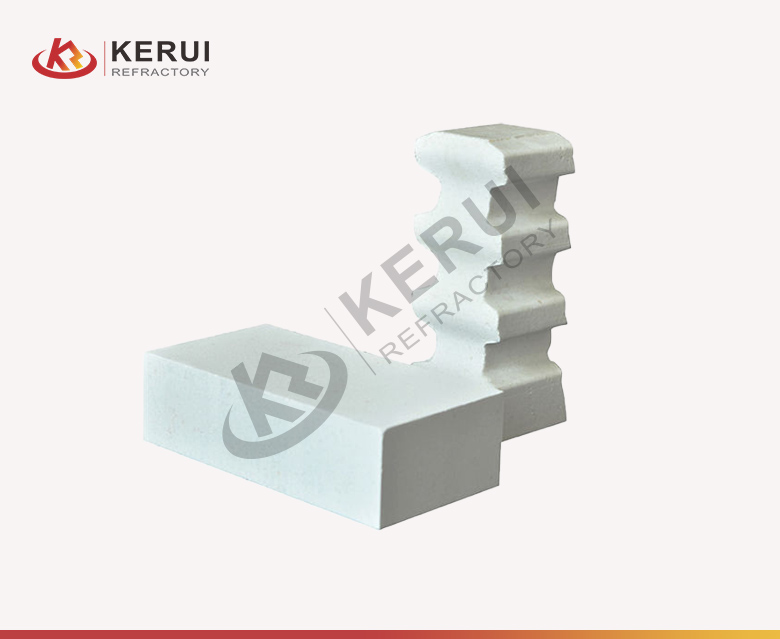Mullite bricks are a type of refractory material known for their excellent thermal stability, high strength, and resistance to thermal shock. Composed mainly of mullite, a mineral compound of aluminum and silicon oxides, these bricks find extensive use in various high-temperature applications. In this article, we will explore the properties of mullite bricks that make them a reliable choice for industries requiring robust refractory solutions.

High Temperature Resistance
Mullite bricks are renowned for their exceptional high-temperature resistance. They can withstand temperatures up to 1800°C (3272°F) and exhibit minimal thermal expansion, even under rapid heating and cooling cycles. This property allows mullite bricks properties to maintain their dimensional stability and structural integrity in extreme heat conditions, making them suitable for applications such as furnace linings, kilns, and thermal processing units.
Excellent Thermal Stability
One of the key properties of mullite bricks is their outstanding thermal stability. They possess a high softening temperature, ensuring minimal deformation and sagging under prolonged exposure to elevated temperatures. This stability enables mullite bricks to provide reliable insulation and maintain their shape and structural integrity over extended periods, thereby enhancing the longevity and efficiency of refractory linings.
Low Thermal Conductivity
Mullite bricks exhibit low thermal conductivity, which is the ability to conduct heat. This property helps to minimize heat transfer through the refractory lining, resulting in reduced energy loss and improved energy efficiency. The low thermal conductivity of mullite bricks also contributes to their superior insulation capabilities, providing effective thermal insulation for the surrounding structures and reducing the risk of heat damage. You also can buy refractory cement from Kerui.

Excellent Chemical Resistance
Mullite bricks offer excellent resistance to chemical attack from various corrosive substances, including acids, alkalis, and slags. They are chemically inert and do not readily react with most industrial gases or molten materials. This property makes mullite bricks suitable for use in environments where the refractory lining is exposed to aggressive chemical agents, such as in the chemical, metallurgical, and glass industries.
Superior Thermal Shock Resistance
Thermal shock occurs when a refractory material is subjected to rapid temperature changes, leading to cracking and failure. Mullite bricks demonstrate exceptional thermal shock resistance due to their low thermal expansion and high thermal shock resistance coefficient. This property enables them to withstand sudden temperature differentials without significant damage, ensuring the stability and longevity of refractory linings in applications with frequent thermal cycling.
High Mechanical Strength
Mullite bricks possess high mechanical strength, making them resistant to mechanical stress, abrasion, and impact. This property allows them to withstand the physical demands of industrial operations, such as load-bearing applications and handling heavy materials. The robust mechanical strength of mullite bricks contributes to their longevity and reliability in harsh operating conditions. You can also click on this link to learn about other refractory products: https://keruico.com/high-temperature-ceramic-insulation/

Conclusion
Mullite bricks from Keruigroup offer a range of properties that make them highly desirable in high-temperature applications. Their high temperature resistance, excellent thermal stability, low thermal conductivity, chemical resistance, superior thermal shock resistance, and high mechanical strength contribute to their effectiveness as refractory materials. Mullite bricks provide reliable insulation, protect against thermal shock, and withstand corrosive environments, ensuring the durability and performance of refractory linings in diverse industries such as steelmaking, ceramics, petrochemicals, and more.
